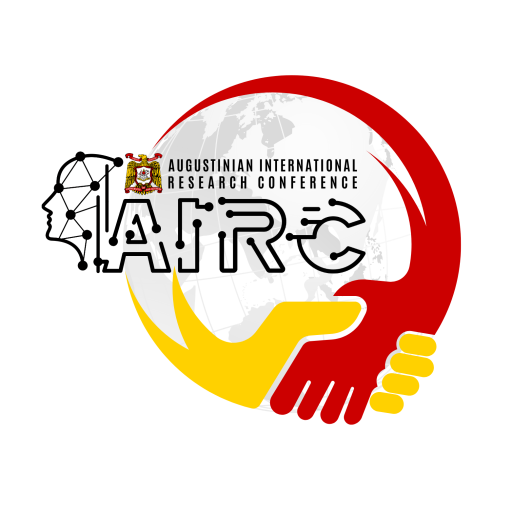[Iloilo City, Philippines] — July 11, 2025 — In a powerful culmination of its 120th founding anniversary, the University of San Agustin hosted a successful three-day International Research Conference from July 8 to 10, bringing together scholars, industry leaders, and policymakers under the theme: “Embracing Change and Transformation in the Age of AI.”
The event, entitled “1st Augustinian International Research Conference” (1ST AIR-C), was marked by vibrant cross-sectoral dialogue and research dissemination, and explored the vast impact of Artificial Intelligence on ethics, education, healthcare, technology, and society, while reinforcing the global community’s alignment with the United Nations Sustainable Development Goals (SDGs) and the ASEAN University Network (AUN) mission and vision.
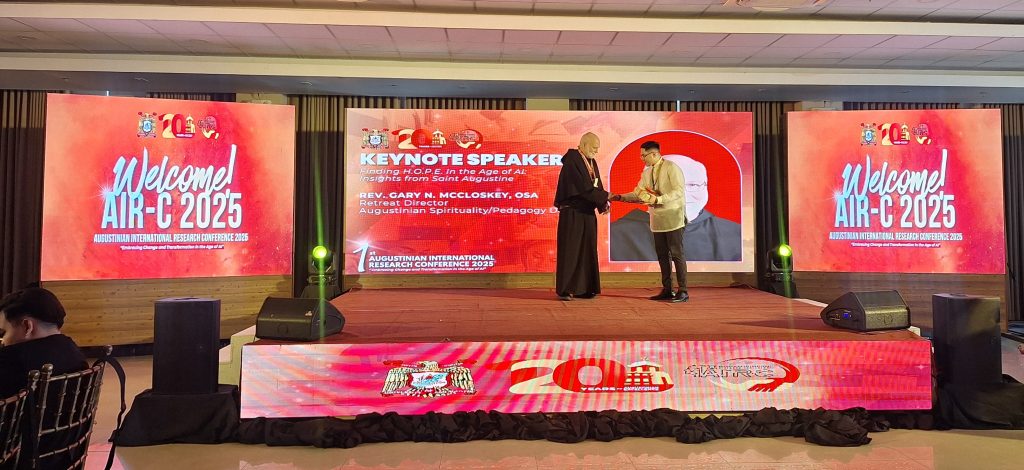
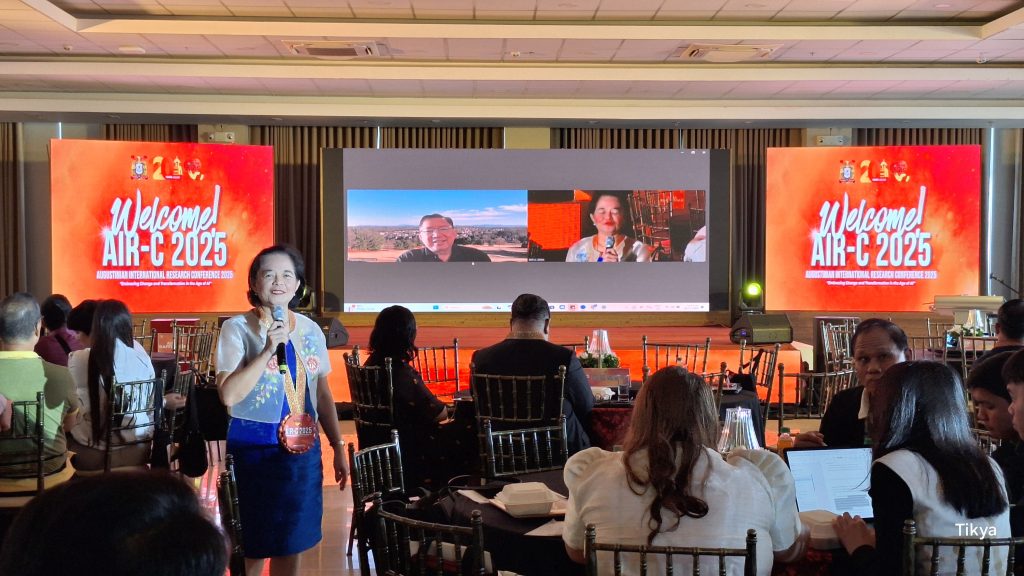
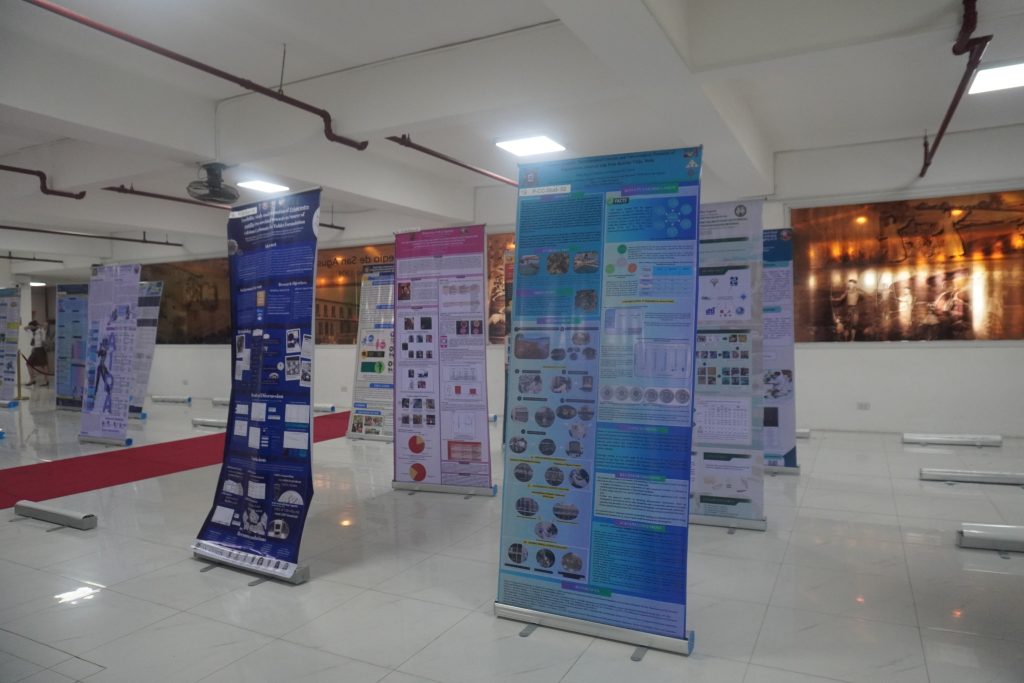
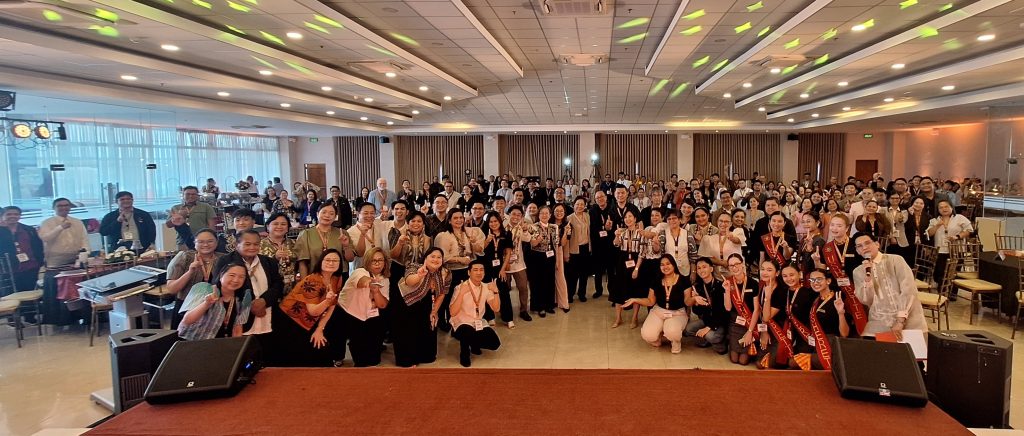
Four-Cluster Format Highlights AI’s Interdisciplinary Reach
The conference tackled key issues by organizing them into four thematic clusters, namely Business and Education (Cluster A), Allied Medical Health (Cluster B), Science, Technology, and Emerging Technology (Cluster C) and Social Science, Arts, and Humanities (Cluster D).
Each cluster featured a dedicated keynote address from renowned thought leaders.
Cluster A’s keynote speaker, Rev. Gary N. McCloskey, OSA, explored the integration of Augustinian spirituality with AI ethics, proposing that moral wisdom rooted in human values is vital in shaping AI applications in education and leadership.
Cluster B’s keynote speaker, Dr. Rozzano Locsin, emphasized that AI should enhance — rather than replace — compassionate care in nursing, highlighting innovations in AI-guided ergonomic solutions and pharmaceutical breakthroughs.
Cluster C’s keynote speaker, Dr. Shahrul Nizam Bin Amad, presented breakthrough work in AI-assisted chemistry, unveiling tools that accelerate scientific discovery and sustainability.
Cluster D’s keynote speaker, award-winning author and USA professor, Dr. Isidoro Cruz, introduced AI-powered “distant reading” techniques, enabling large-scale literary analysis without compromising scholarly depth.
The three-day research conference presentations were grounded in values whilst discussing innovation with AI, as well as emphasizing ethical standards.
The first day of the conference featured research that emphasized balancing innovation with ethics and tradition with highlights that included studies on ChatGPT awareness, a framework for AI-enhanced Augustinian pedagogy, AI in history education, and AI-assisted mathematics instruction aimed at improving learning outcomes (Cluster A) and AI-guided ergonomic interventions (Cluster B).Cluster B also featured researches on healthcare access in indigenous Ati communities, and alternative organic therapeutic strategies. On the other hand, Cluster C opened up discussions on faculty retention and its implications for organizational resilience and development, whilst Cluster D’s presentations ranged from philosophizing cognition to using AI in classical literature analysis and as a civic tool in government communication.
Day 2 continued the momentum with forward-thinking presentations on ethical standards, emerging tools, and AI Governance with Cluster A presentations on AI-driven legal services, ethical governance of AI, AI’s role in email marketing, and the effectiveness of AI tools for content creators. Cluster B, on the other hand, focused on adolescent mental health issues like depression, anxiety, and stress — addressing key areas under SDG 3: Good Health and Well-being. Meanwhile, Cluster C tackled AI systems for Outcomes-Based Education (OBE) and a new algorithm for air pollution index monitoring, aligning with SDG 9: Industry, Innovation, and Infrastructure. Finally, Cluster D presentations addressed epistemic trauma by promoting critical AI literacy, and explored legal and ethical standards for both lawyers and the general public.
Strengthening Global Impact and Academic Partnerships
University President Rev. Fr. Arnel Dizon, OSA, acknowledged that AI has profoundly reshaped the contours of academic disciplines, demanding not only innovation but also ethical stewardship. Meanwhile, Dr. Regina Aileen May Vergara, Vice President for Academic Affairs, remarked that the conference “is a catalyst for global partnerships.”
Throughout the three-day event, sessions emphasized and reflected the university’s commitment to SDG 4 (Quality Education), SDG 5 (Gender Equality), SDG 9 (Innovation), and SDG 17 (Global Partnerships). Research initiatives underscored a shift toward AI-enabled inclusivity, sustainability, and human-centered development, affirming alignment with ASEAN University Network goals of collaborative learning, regional development, and innovation.
A Milestone for USA and the academic community
As the University of San Agustin marks 120 years of academic excellence, this international conference stands as a milestone — bridging generations of scholars and offering future-ready frameworks that address the ethical, technological, and humanistic questions posed by AI in today’s rapidly transforming world.
For more information or to access the conference proceedings, visit the conference website, https://air-c.usa.edu.ph and the USA website, https://usa.edu.ph/.

